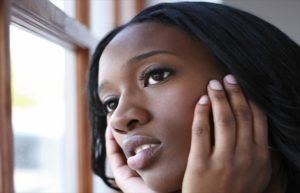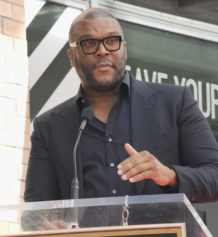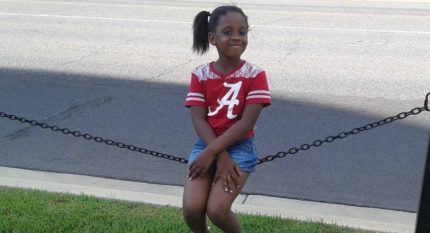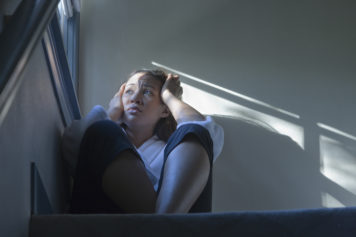July is National Minority Mental Health Awareness Month. Mental illnesses and disorders are a major problem in the Black community. With a stigma surrounding it, and little coverage and representation of it in the media, it feels like this issue is a shameful thing to be avoided. Yet, statistics and many stories of struggle and tragedy show that we must face this or risk losing our loved ones.
According to the National Alliance on Mental Illness, suicide rates increased 233 percent across a recent fifteen-year span among African Americans ages 10-14. One-third of African Americans also can’t afford to receive help, and only two percent of mental health professionals are African American.
Part of the stigma attached to mental illness in Blacks is the idea that Black people shouldn’t get mental illness because we’ve become a strong race through hardship, and only white people have mental illnesses. We seem to have forgotten that we are just as human as anyone else and can have a variety of personal and socio-economic reasons for being mentally ill.
Soul Train host Don Cornelius, actor Lee Thompson Young, and blogger Karyn Washington are three Black people we’ve lost to mental illness and suicide in the past three years. Despite these tragedies, there have also been stories of resilience and hope. A recent article by a Black woman named Robbie Ann Darbie tells how she survived an eating disorder. Another recent article by Black blogger S.L. Young documents his battle with depression and how he is using his story to help others.
Other recent stories have been told via entertainment media. On an episode of the television series Empire, the character Andre Lyons was shown to have bi-polar disorder. At the beginning of the film Beyond The Lights, the main character Noni feels so stifled and invisible that she attempts suicide.
The worst thing you can do to a person suffering from mental illness is to make them feel that they have to deal with it alone and that no one understands their experience. While we are making progress, there is still a lot of work to be done to properly deal with mental illness.
An increase in media attention is a step in the right direction, but we also need more representation in the field. The community is in need of more Black psychologists and social workers, more easily accessible mental health services, and more resources like the Black Mental Health Alliance and Black Girls Smile.
Mental illness has no color, gender, age or any other demographic. It is something that everyone deals with and Blacks are no exception. We should not feel ashamed of mental illness. We should feel encouraged, because we can survive it.



